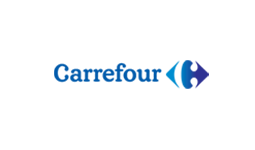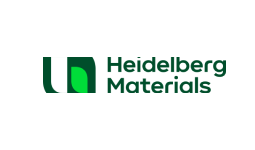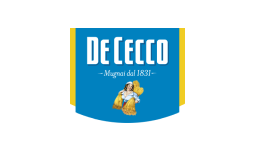Mandatory Electronic Invoicing in Malaysia
Learn how to get your company ready to exchange documents in accordance with regulations in Malaysia with the support of Comarch
Learn how to get your company ready to exchange documents in accordance with regulations in Malaysia with the support of Comarch

To support growth of the digital economy, the government intends to implement e-Invoicing in stages in effort to enhance the efficiency of the country's tax administration management. The implementation of e-Invoicing will improve the quality of services and reduce compliance costs to taxpayers, while increasing the efficiency of business operations, as was announced by the Ministry of Finance.

In Malaysia, e-invoicing is not currently mandatory, but has been possible since 2015. However, written consent or authorization is required to receive electronic invoices. The e-invoicing initiative is supported by the use of TIN (Tax Identification Number), which was introduced in Malaysia in 2022.
As a next step, Malaysia decided in March 2023 to implement mandatory e-invoicing to improve service quality and reduce compliance costs for taxpayers while increasing the efficiency of business operations. The Malaysian Tax Office (IRB) has presented a plan for the phased implementation of electronic invoicing, which will be initiated by the launch of a pilot program in 2024 for selected companies. The mandatory exchange of electronic invoices will cover B2G, B2B, and B2C transactions, both domestic and domestic and cross-border, and the model planned by the Malaysian government will be based on CTC connected to the Peppol network (Comarch accredited as a Peppol Service Provider).
After the changes made in October 2023, it was finally agreed that the gradual implementation of the obligation would start in August 2024.

The 2024 Finance Bill includes provisions modifying the timeline for introducing the e-invoicing mandate in Malaysia. It assumes the postponement of the initial stage of the e-invoicing obligation by two months. After the changes, the schedule for introducing the e-invoicing is as follows:

Issuers of invoices will be required to deliver them to government entities for verification and approval before sending them to recipients. Each invoice at this stage will be provided with a certificate with its serial number, which will be proof for both the issuer and the recipient that it has been issued correctly. An additional invoice verification method will require a QR code. Invoices will be exchanged mainly through the PEPPOL channel. The myTax portal will also be made available, which will enable manual issuing and receiving of e-invoices.

The required storage period is 7 years. Storage abroad is allowed if the Director General of the Royal Malaysian Custom issues permission.

In Malaysia, integrity and authenticity will be guaranteed thanks to invoice certificate with its serial number and QR codes.

Comarch become fully accredited by the Malaysia Digital Economy Corporation (MDEC) as a Peppol Service Provider (SP).

We have 20+ years of experience in carrying out various EDI, e-invoicing, and other document exchange projects around the world. In those years, we have successfully connected more than 130,000 entities from over 60 countries.
Full compliance with the latest data exchange regulations and modern data transfer standards
Applying new technologies and IT solutions in order to streamline workflows and automate activities and procedures
Tailor-made solutions based on processes specific to each company – own road map and a suitable pace of changes
Highest level of security for all sensitive and important company data
If your company is based or has branches in Malaysia and you need to prepare your billing and tax systems to comply with the new requirements. Click on the button below to get in touch with one of our experts.

To learn the e-invoicing requirements for a specific country, click on its flag and access the relevant information.
Make sure your business meets international standards with the Comarch e-Invoicing platform, trusted in more than 60 countries. Enjoy hassle-free integration and continuous compliance updates.























